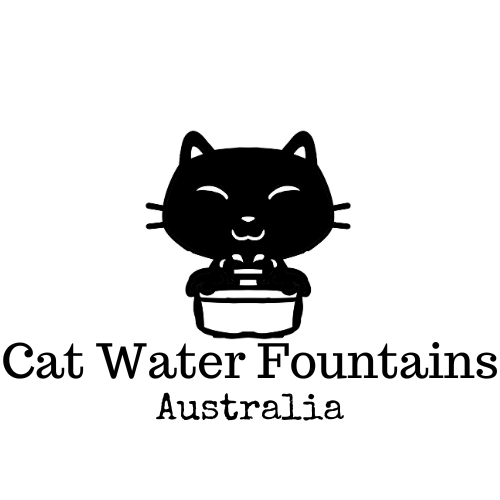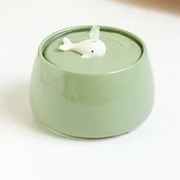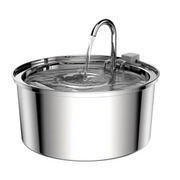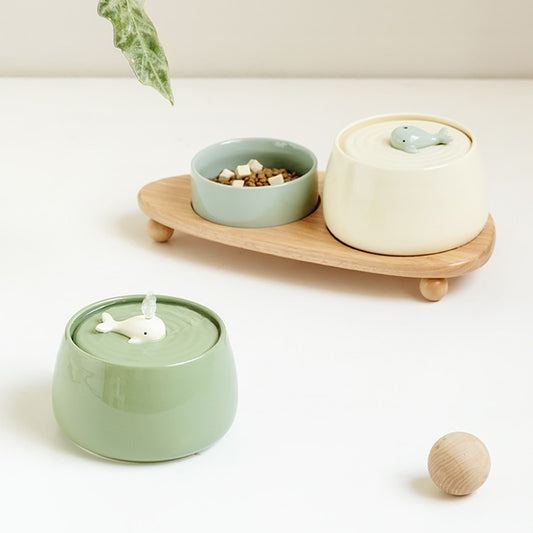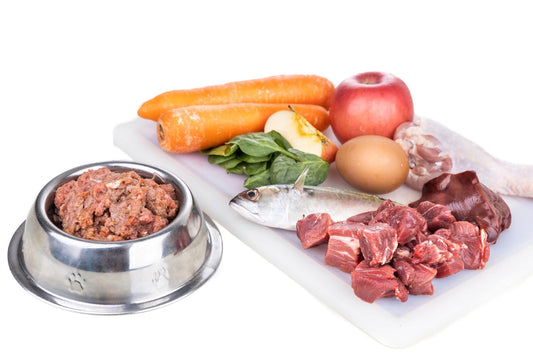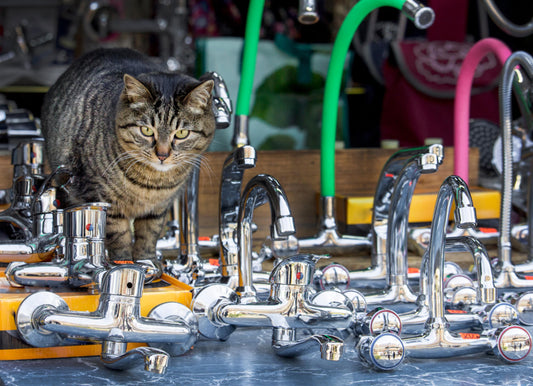Can Cats Eat Bread? Understanding the Risks and Considerations
Cat Water Fountains Australia
Share This Article
Many cat owners wonder if it is safe to share a piece of bread with their feline companions. In this article, we will explore the facts surrounding cats and bread consumption. We aim to educate cat owners and enthusiasts on the potential risks and considerations associated with feeding bread to cats, promoting their overall health and well-being.
Understanding a Cat's Nutritional Needs
Cats are obligate carnivores, meaning their bodies are adapted to thrive on a diet primarily consisting of animal-based proteins. Unlike humans, cats have specific dietary requirements that cannot be met by consuming bread alone. A balanced diet, tailored to their unique needs, is crucial for optimal feline health.
The Composition of Bread
To understand the implications of feeding bread to cats, let's examine its typical ingredients. Bread is primarily made from flour, yeast, and often contains added sugars. While these ingredients may be harmless to humans, they can pose challenges to a cat's digestive system.
The Risks of Feeding Bread to Cats
Feeding bread to cats can lead to various risks and potential health issues, including:
Carbohydrate Overload: Bread is high in carbohydrates, which can contribute to weight gain and obesity in cats. Their bodies are designed to process and derive energy from animal proteins rather than carbohydrates.
Digestive Issues: Cats may experience digestive upset, including stomach discomfort, diarrhea, and gas, when consuming bread. Their digestive systems are not well-equipped to handle large amounts of grains and complex carbohydrates.
Allergic Reactions and Food Sensitivities: Cats can develop allergies or food sensitivities to certain bread ingredients such as wheat or gluten. These reactions may manifest as skin irritations, itching, or gastrointestinal disturbances.
The Role of Gluten in Bread:
Gluten, a protein found in wheat and other grains, has gained attention due to its potential adverse effects on some individuals, including cats. Gluten intolerance or sensitivity is rare in cats, but it can occur. If a cat exhibits symptoms such as vomiting, diarrhea, or skin issues after consuming bread, gluten sensitivity might be a consideration.
Potential Benefits of Bread
While humans may enjoy bread, it offers minimal nutritional value for cats. It lacks essential nutrients that cats need for their overall well-being. Therefore, bread should not be considered a significant part of a cat's diet.
Alternative Treats for Cats
To satisfy your cat's treat cravings, consider these healthier and more appropriate options:
Commercially Available Cat Treats: Choose treats specifically designed for cats, ensuring they meet their nutritional needs. These treats are formulated to provide the right balance of nutrients while being tasty and safe for feline consumption.
Cooked, Unseasoned Meat: Offer small portions of cooked, unseasoned meat as occasional treats. This can include lean chicken, turkey, or fish. Remember to remove any bones, seasonings, or additives that may be harmful to cats.
Consulting a Veterinarian:
Before introducing any new food into your cat's diet, it is crucial to consult a veterinarian. They can provide personalized advice based on your cat's specific dietary needs, health conditions, and potential allergies. A veterinarian's guidance ensures the well-being of your feline friend.
Feeding bread to cats can pose potential risks and may not provide any significant nutritional benefits. As obligate carnivores, cats thrive on a diet tailored to their unique needs. While a small taste of bread may not harm them, it should not be a regular part of their diet. By understanding the risks and consulting a veterinarian, cat owners can ensure they provide a species-appropriate diet for their feline companions, promoting their long-term health and well-being.
